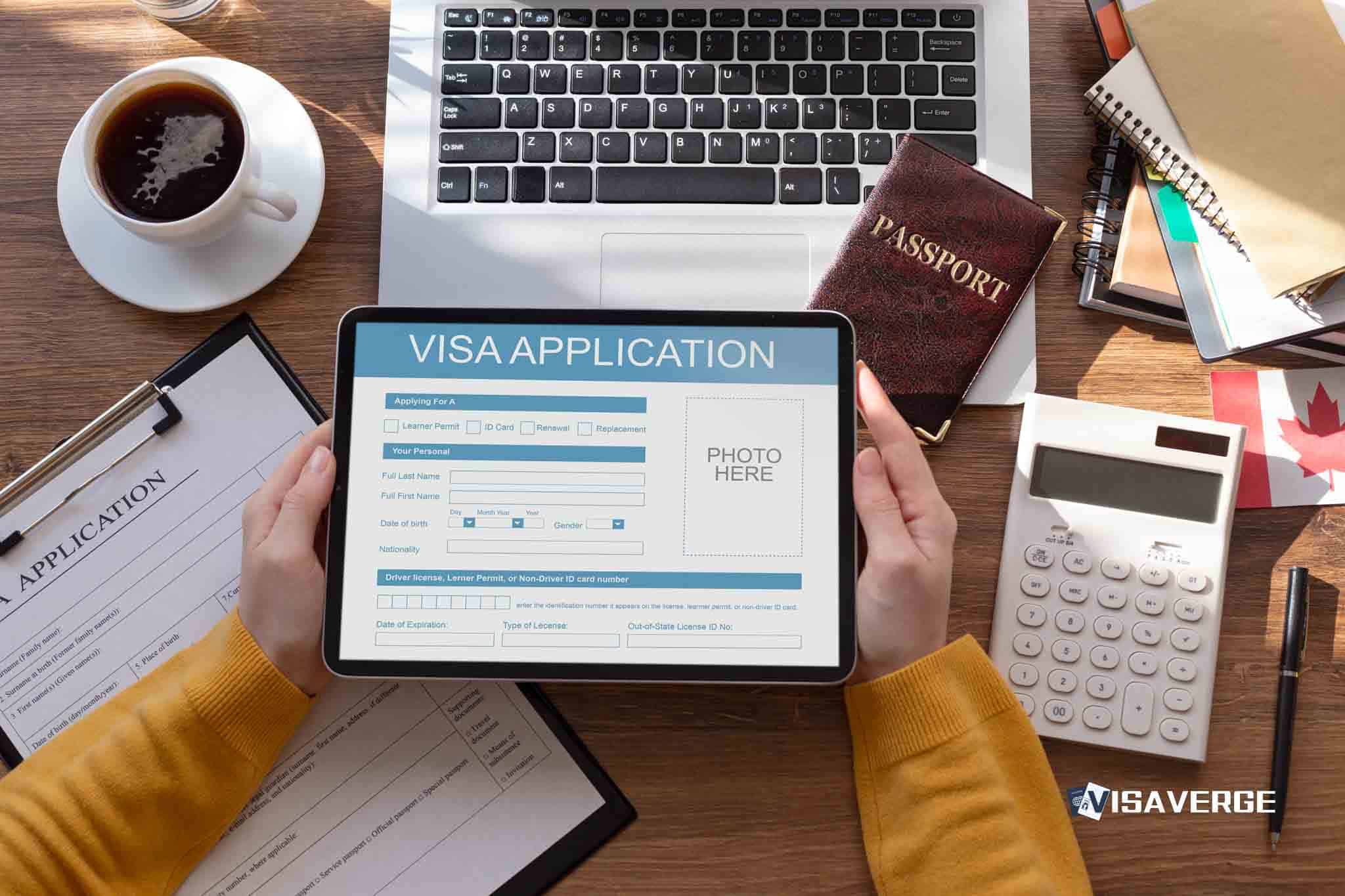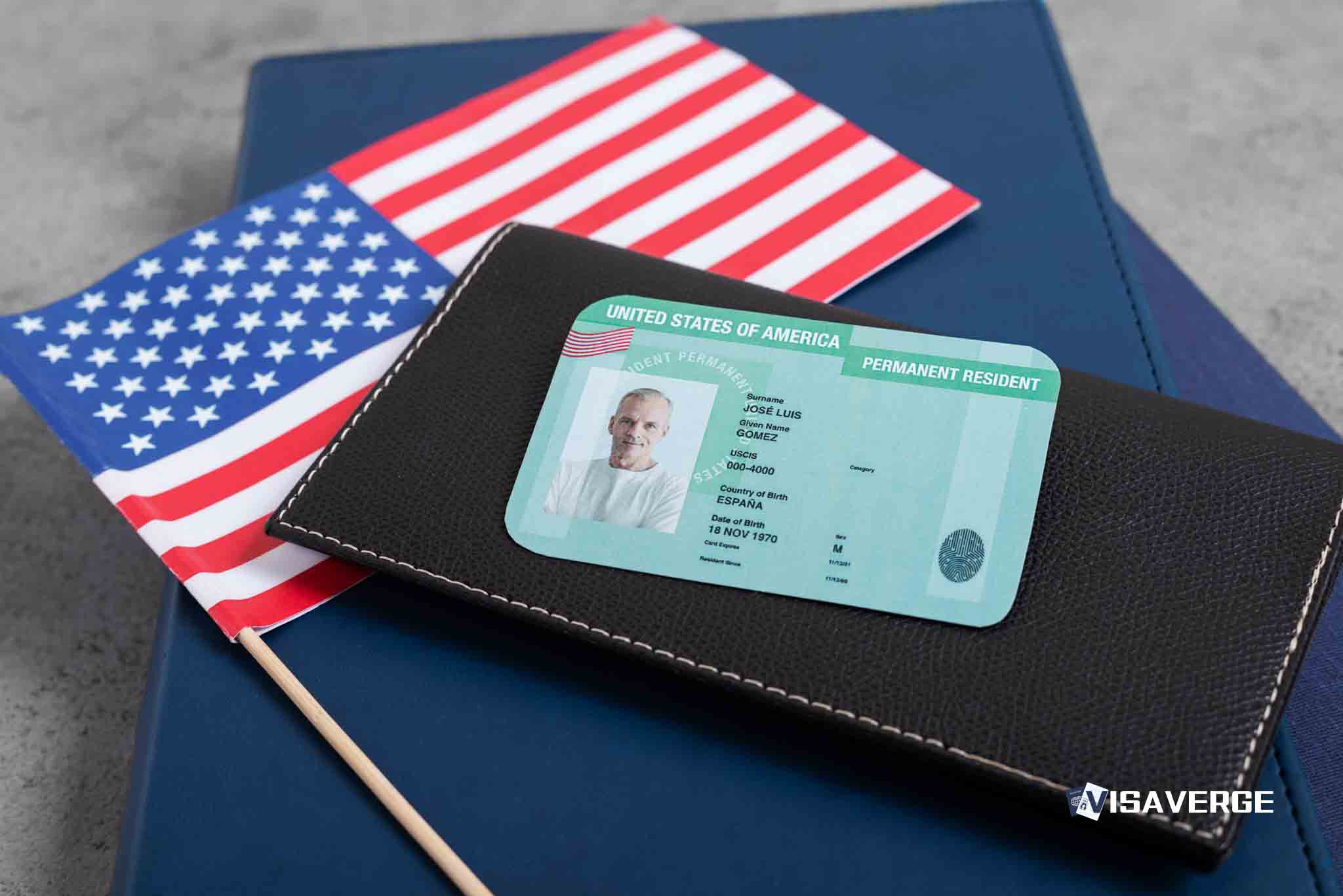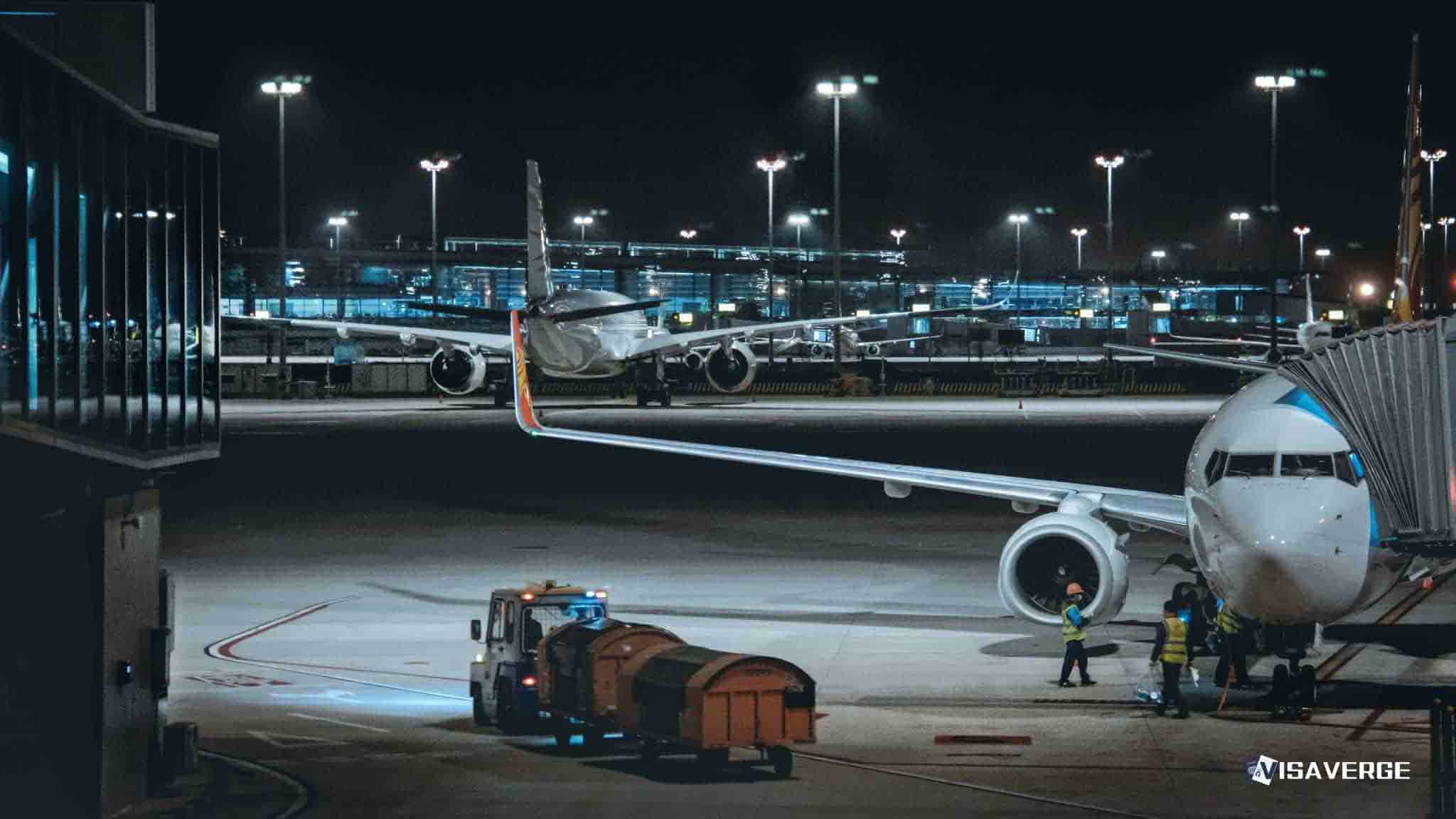Navigating Wage Level Discrepancies: A Guide for Employers
As an employer sponsoring foreign workers, you must adhere to the wage guidelines set by the U.S. Department of Labor (DOL). However, there may be instances when you encounter discrepancies in the wage level issued by the DOL. It’s important to know how to properly respond in such cases to maintain compliance with immigration laws.
Understanding Department of Labor Wage Guidelines
Before delving into the steps for addressing discrepancies, it’s important to understand the Department of Labor wage guidelines. These regulations ensure that foreign workers are paid at least the prevailing wage for their job category and geographic area. This prevents unfair competition by safeguarding the wages of U.S. workers and foreign laborers.
Step 1: Verify the Wage Level Determination
Upon noticing a wage level discrepancy, the first action should be to verify the wage determination issued by the DOL. Careful examination is necessary to confirm that there indeed is a disparity and that it’s not due to misclassification of the job title or job duties.
Step 2: Document the Discrepancy

Once you’ve confirmed that a discrepancy exists, document all the details related to the wage determination. This should include the job description, the issued wage level, and the expected wage level. Maintaining accurate records is essential for any further steps you may need to take.
Step 3: Consult Official DOL Resources
The Department of Labor’s website offers a plethora of resources that can help shed light on prevailing wage rates. It’s recommended that employers familiarize themselves with the online wage library and other available tools to better understand potential reasons behind the wage level discrepancies.
Step 4: Seeking Clarification or Reconsideration
If, after reviewing the relevant resources, you still believe there is a discrepancy, seek clarification from the DOL. This could mean contacting the National Prevailing Wage Center (NPWC) for assistance. In cases where clarifications don’t resolve the issue, you may need to request a reconsideration of the wage determination using the appropriate DOL procedures.
Step 5: Employer Response to DOL Findings
Should the DOL findings differ from your own, it’s crucial to review their response carefully. If the DOL provides a rationale for the wage level, consider whether your original understanding of the job’s requirements or the prevailing wage data might have been incorrect. If you still disagree, be prepared to provide detailed evidence supporting your stance.
When to Involve Legal Counsel
In complex situations, involving an attorney who specializes in employment and immigration law might be prudent. Legal counsel can offer guidance based on the latest Department of Labor wage guidelines and ensure that your employer response to DOL findings is appropriately structured and argued.
Ensuring Compliance and Maintaining Good Standing
Ultimately, it’s in an employer’s best interest to resolve wage level discrepancies with the DOL amicably and promptly. Compliance with DOL wage guidelines not only protects the rights of foreign workers but also upholds the integrity of your business and its ability to sponsor future workers.
Remember, it is critical to approach the Department of Labor with respect and follow the established procedures. An employer’s proactive and positive approach can often lead to a more favorable outcome when dealing with wage level discrepancies.
Providing fair wages is not only a legal mandate but also a testament to the ethical practices of a company. It ensures a level playing field and the flourishing of a diverse workforce, contributing to the global competitiveness of the United States.
For more information and resources, employers can visit the U.S. Citizenship and Immigration Services (USCIS) website or the Department of Labor’s Foreign Labor Certification page. These sites frequently update their guidelines and provide crucial information for maintaining compliance with the prevailing wage requirements.
And that’s a wrap! Navigating wage level discrepancies doesn’t have to be a headache. Just follow these steps, consult the DOL’s nifty resources, and remember to maintain a positive approach. If things get tricky, consider reaching out to an employment specialist. Now, if you want even more insights and tips on the world of immigration, why not head over to visaverge.com? Go on, explore and enlighten yourself! 🌟
FAQ’s to know:
FAQ 1: What are the Department of Labor wage guidelines for employers sponsoring foreign workers?
The Department of Labor (DOL) wage guidelines ensure that foreign workers are paid at least the prevailing wage for their job category and geographic area. These guidelines prevent unfair competition by safeguarding the wages of U.S. workers and foreign laborers.
FAQ 2: How should employers address wage level discrepancies issued by the Department of Labor?
To address wage level discrepancies, employers should follow these steps:
1. Verify the wage level determination issued by the DOL.
2. Document all the details related to the wage determination, including the job description, issued wage level, and expected wage level.
3. Consult official DOL resources such as the online wage library for a better understanding of prevailing wage rates.
4. Seek clarification from the DOL, contacting the National Prevailing Wage Center (NPWC) if needed.
5. If necessary, request a reconsideration of the wage determination using the appropriate DOL procedures.
FAQ 3: When should employers involve legal counsel in wage level discrepancy cases with the Department of Labor?
In complex situations, involving an attorney who specializes in employment and immigration law might be prudent. Legal counsel can offer guidance based on the latest Department of Labor wage guidelines and ensure that your employer response to DOL findings is appropriately structured and argued.
What did you learn? Answer below to know:
-
What is the purpose of the Department of Labor wage guidelines in relation to foreign workers?
a) To ensure fair wages for foreign workers
b) To protect the wages of U.S. workers
c) To prevent unfair competition in the labor market -
What is the recommended first step when encountering a discrepancy in the wage determination issued by the DOL?
a) Seek clarification from the National Prevailing Wage Center
b) Consult the Department of Labor’s online wage library
c) Verify the accuracy of the wage determination -
In what circumstances might it be advisable to involve legal counsel when addressing wage level discrepancies with the DOL?
a) When the employer disagrees with the DOL findings
b) When the situation is complex and requires specialized expertise
c) When the employer wants to challenge the prevailing wage rates








